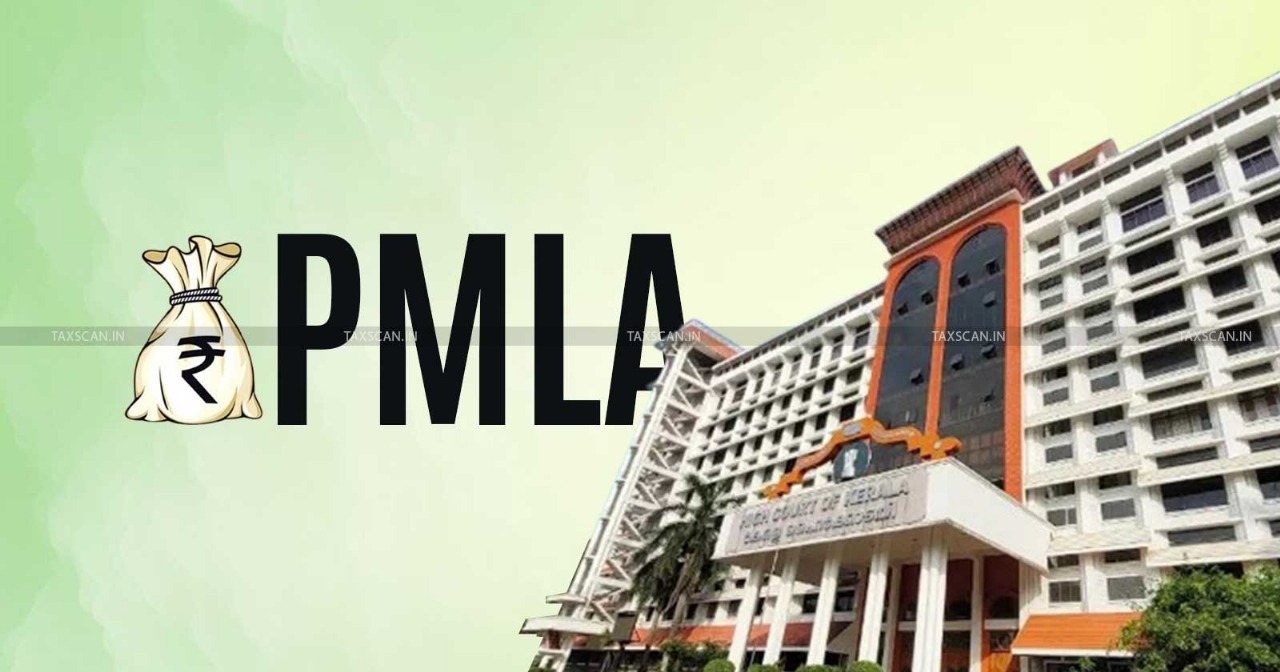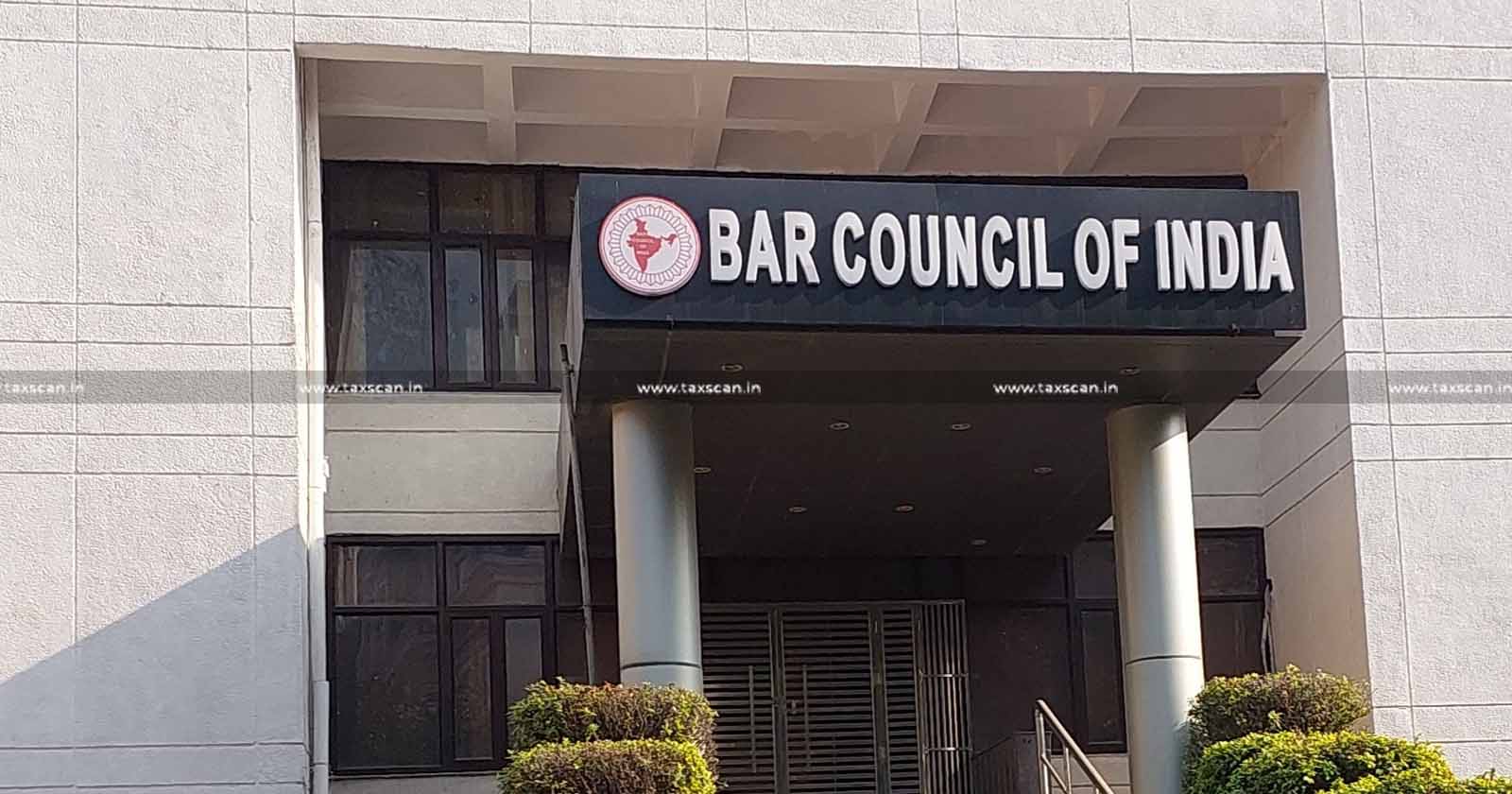Financial Gains from Artificially Enhanced Share Price is Proceeds of Crime: Delhi HC upholds ₹122 Cr ED PMLA Attachment [Read Order]
The Bench noted that the PMLA defines “proceeds of crime” broadly to include any property derived or obtained, directly or indirectly, as a result of criminal activity from a scheduled offence.
![Financial Gains from Artificially Enhanced Share Price is Proceeds of Crime: Delhi HC upholds ₹122 Cr ED PMLA Attachment [Read Order] Financial Gains from Artificially Enhanced Share Price is Proceeds of Crime: Delhi HC upholds ₹122 Cr ED PMLA Attachment [Read Order]](https://images.taxscan.in/h-upload/2025/11/06/2102651-delhihc-pmla-taxscan.webp)
The Delhi High Court recently ruled that profits derived from a lawful transaction, when emanating from an illegal act, continue to constitute proceeds of crime under the Prevention of Money Laundering Act, 2002 (PMLA).
Accordingly, the Court upheld the provisional attachment of ₹122.74 crore against M/s Prakash Industries Ltd (Prakash Industries) by the Enforcement Directorate (ED), holding that financial gains arising from artificially inflated share prices through false representation before the Bombay Stock Exchange (BSE) formed part of the laundering process and constituted “proceeds of crime”.
 Also Read:ED’s Attachment Order u/s 5(1) of PMLA Not Open to Writ Challenge Without Exhausting Remedies Under the Act: Kerala HC [Read Order]
Also Read:ED’s Attachment Order u/s 5(1) of PMLA Not Open to Writ Challenge Without Exhausting Remedies Under the Act: Kerala HC [Read Order]
The instant case stemmed from an application filed by Prakash Industries to the Ministry of Coal in January 2007 seeking allocation of the Fatehpur coal block in Chhattisgarh. The company allegedly misrepresented its net worth as ₹532 crore for qualification, though investigations later found its actual net worth to be negative ₹144.16 crore.
Before the formal coal block allocation dated 6 February 2008, the company disclosed to the BSE on 19 November 2007 that it had already been allotted the block, leading to a steep rise in its share price from ₹31 per share in April 2007 to ₹254.60 by January 2008.
Comprehensive Guide of Law and Procedure for Filing of Income Tax Appeals, Click Here
Subsequently, 62,50,000 shares were preferentially allotted and sold on 3 January 2008, allegedly generating an undue gain of ₹118.75 crore.
Following the Supreme Court decision cancelling the allocation in Manohar Lal Sharma v. Union of India (2012), the Central Bureau of Investigation (CBI) registered an FIR on 26 March 2014 under Sections 120B and 420 of the Indian Penal Code and Section 13(2) read with Section 13(1)(d) of the Prevention of Corruption Act, alleging fraudulent procurement of allocation.
The ED also registered a case and initiated investigation under the PMLA. The ED seized jewellery worth ₹1.66 crore and related records, later filing a complaint under Section 5(5) of the Act, which was initially upheld by the Adjudicating Authority on 5 April 2017.
Subsequently, the ED issued a Provisional Attachment Order (PAO) attaching Prakash Industries' assets worth ₹122.74 crore, which represented the alleged gains derived from the inflated share sale.
The Directorate argued that even though the shares were sold through formal market mechanisms, the gains remained tainted as they originated from fraudulent misrepresentation. The Provisional Attachment Order was challenged by Prakash Industries, asserting that funds earned through a legitimate market transaction could not constitute proceeds of crime.
The Enforcement Directorate was represented by Zoheb Hossain, Vivek Gurnani, Pranjal Tripathi, Kartik Sabharwal and Sheikh Raqueeb.
Prakash Industries was represented by Dayan Krishnan, Ankur Chawla, Chander B. Bansal, Gurpreet Singh, Jatin S. Sethi, Bukul Jain, Kunal Aggarwal, Shivam Bansal and Yash Pandey.
Understanding Common Mode of Tax Evasion with Practical Scenarios, Click Here
The Division Bench of Justice Anil Kshetarpal and Justice Harish Vaidyanathan Shankar noted that Section 2(1)(u) of the PMLA defines “proceeds of crime” broadly to include any property derived or obtained, directly or indirectly, as a result of criminal activity relating to a scheduled offence.
The Court found that the financial benefits gained from the preferential share sale were directly linked to the misrepresentation before the BSE and the resultant market manipulation. The Bench reiterated that laundering is a “continuing offence” and that the law encompasses all processes connected to the use, concealment or projection of proceeds as untainted property, even when the subsequent transactions appear lawful.
 Also Read:Attendance Shortage Can’t Bar Law Students From Exams: Delhi HC Orders UGC Regulations Review [Read Order]
Also Read:Attendance Shortage Can’t Bar Law Students From Exams: Delhi HC Orders UGC Regulations Review [Read Order]
Rejecting Prakash Industries' arguments, the Court held that legality of the channel of transaction does not cleanse the taint of its origin. The misrepresentation that triggered the market rise and resultant sale formed a seamless chain of criminal activity generating proceeds of crime.
Accordingly, the Bench restored the provisional attachment of ₹122.74 crore by the ED, holding that the financial gains realised through the artificially inflated share price fell squarely within the ambit of proceeds of crime under the PMLA.
Support our journalism by subscribing to Taxscanpremium. Follow us on Telegram for quick updates



